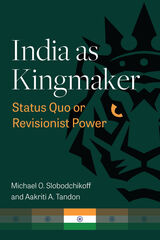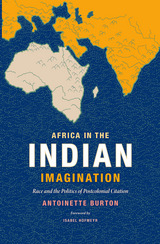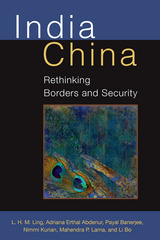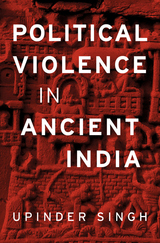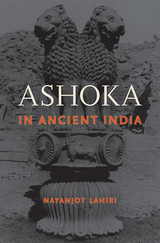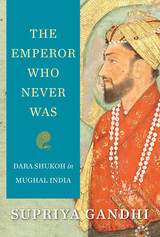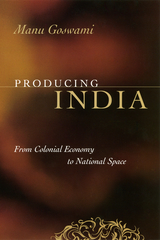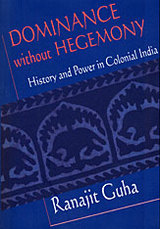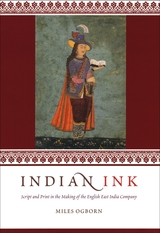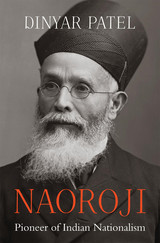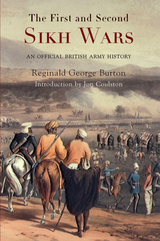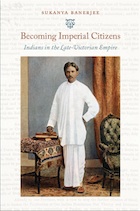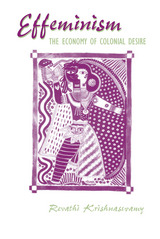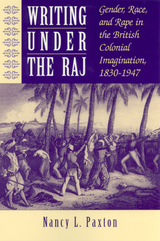Cloth: 978-0-674-42775-4
Library of Congress Classification DS461.3.A2313 2014
Dewey Decimal Classification 954.0254092
The exemplar of Indo-Persian history, at once a biography of Emperor Akbar and a chronicle of sixteenth-century Mughal India.
Akbarnāma, or The History of Akbar, by Abu’l-Fazl (d. 1602), is one of the most important works of Indo-Persian history and a touchstone of prose artistry. Marking a high point in a long, rich tradition of Persian historical writing, it served as a model for historians throughout the Persianate world. The work is at once a biography of the Mughal emperor Akbar (r. 1556–1605) that includes descriptions of his political and martial feats and cultural achievements, and a chronicle of sixteenth-century India.
The first volume details the birth of Akbar, his illustrious genealogy, and in particular the lives and exploits of his grandfather, Babur, and his father, Humayun, who laid the foundations of the Mughal Empire.
The Persian text, presented in the Naskh script, is based on a careful reassessment of the primary sources.
See other books on: 16th Century | Kings and rulers | Mogul Empire | Royalty | Thackston, Wheeler M.
See other titles from Harvard University Press

